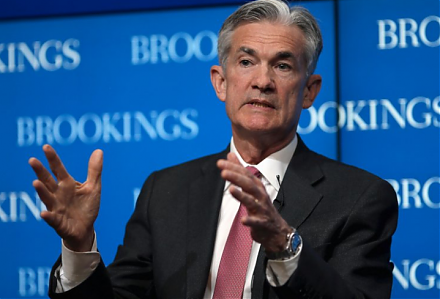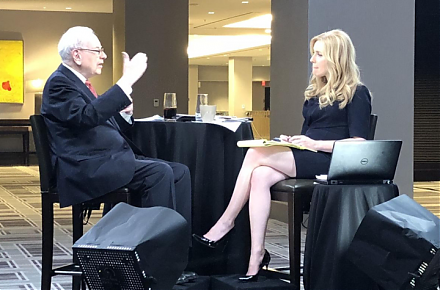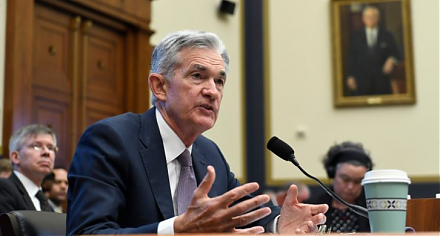

2019-03-29 12:28:00 Fri ET
federal reserve monetary policy treasury dollar employment inflation interest rate exchange rate macrofinance recession systemic risk economic growth central bank fomc greenback forward guidance euro capital global financial cycle credit cycle yield curve
Federal Reserve Chair Jerome Powell answers CBS News 60 Minutes questions about the recent U.S. economic outlook and interest rate cycle. Powell views the current U.S. economic outlook as a favorable one. The federal funds rate hits the neutral threshold where the U.S. economy operates near full employment with low inflation. Powell reiterates the *patient* approach to further raising the interest rate as the U.S. economy grows at a moderate pace.
Although about 7 million Americans fall behind their auto loan payments and retail sales decline at the highest pace in the post-crisis period, Powell remains positive about U.S. economic growth in 2019-2020. As the American real GDP growth rate increases above 3%, there are healthy upticks in both wage growth and consumer confidence.
In light of the recent Sino-U.S. trade and Brexit negotiations, Powell considers the biggest macro risk to be a likely economic output slowdown in China and Europe. Powell considers the U.S. financial system to be more resilient with high capital buffers that help absorb extreme losses in key times of severe financial stress. The Federal Reserve is independent in the generic sense that the monetary authority needs to execute monetary policy decisions in a strictly non-political way.
If any of our AYA Analytica financial health memos (FHM), blog posts, ebooks, newsletters, and notifications etc, or any other form of online content curation, involves potential copyright concerns, please feel free to contact us at service@ayafintech.network so that we can remove relevant content in response to any such request within a reasonable time frame.
2019-05-07 09:30:00 Tuesday ET

The Trump team receives a 3.2% first-quarter GDP boost as Fed Chair Jay Powell halts the next interest rate hike in early-May 2019. This smooth upward econo
2019-07-31 11:34:00 Wednesday ET

AYA Analytica finbuzz podcast channel on YouTube July 2019 In this podcast, we discuss several topical issues as of July 2019: (1) All 18 systemical
2022-11-05 11:32:00 Saturday ET

CEO overconfidence and corporate performance Malmendier and Tate (JFE 2008, JF 2005) argue that overconfident CEOs are more likely to initiate mergers an
2018-11-13 12:30:00 Tuesday ET

President Trump promises a great trade deal with China as Americans mull over mid-term elections. President Trump wants to reach a trade accord with Chinese
2018-05-05 07:33:00 Saturday ET

Warren Buffett shares his fresh economic insights and value investment strategies at the Berkshire Hathaway shareholder forum in May 2018 despite the new GA
2019-10-07 12:35:00 Monday ET

Federal Reserve reduces the interest rate by another key quarter point to the target range of 1.75%-2% in September 2019. In accordance with the Federal Res